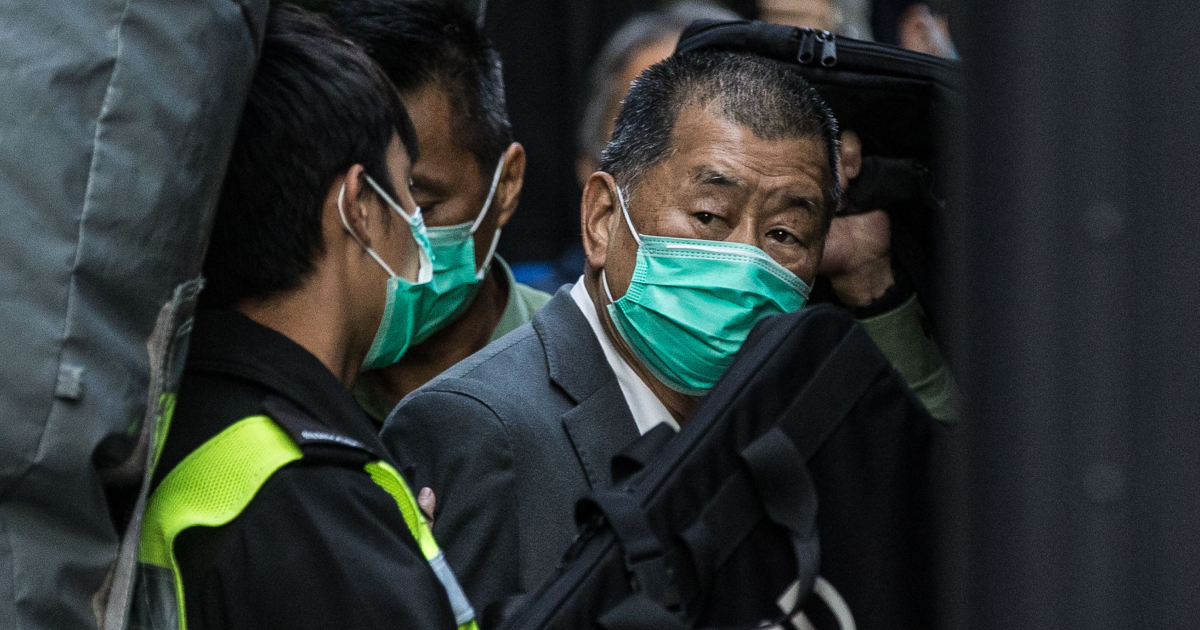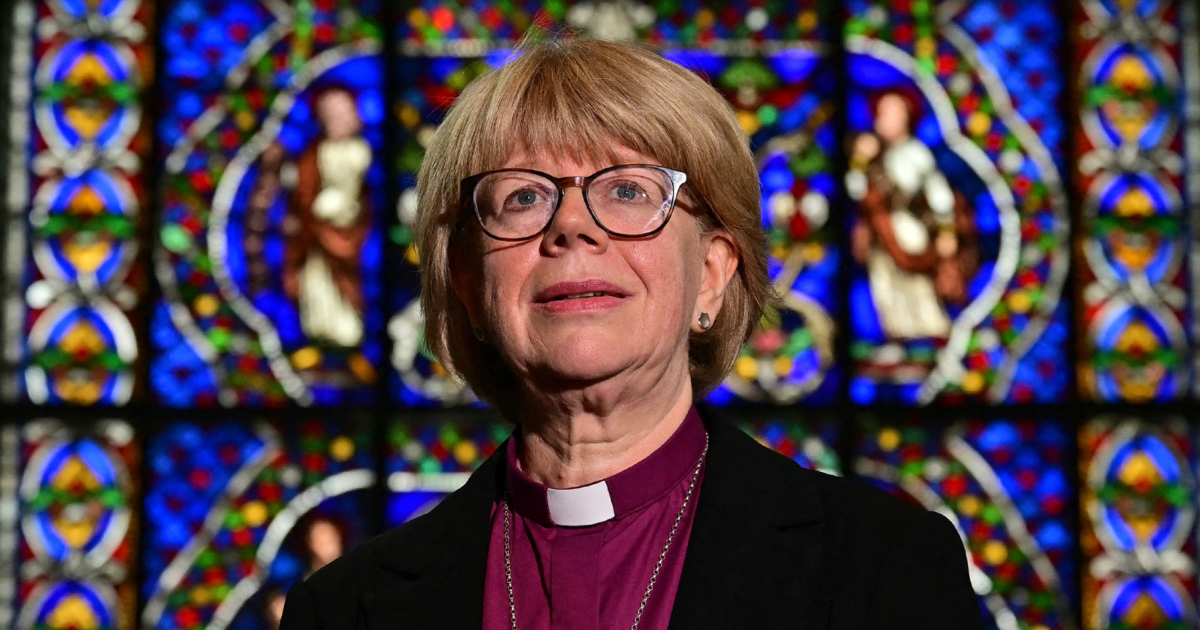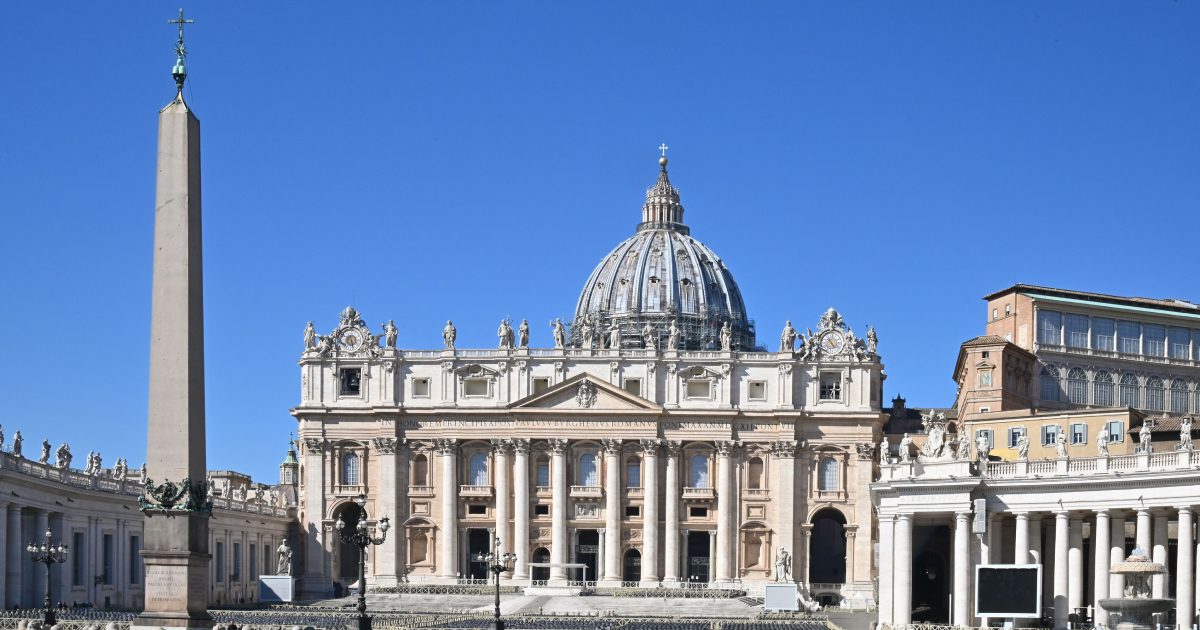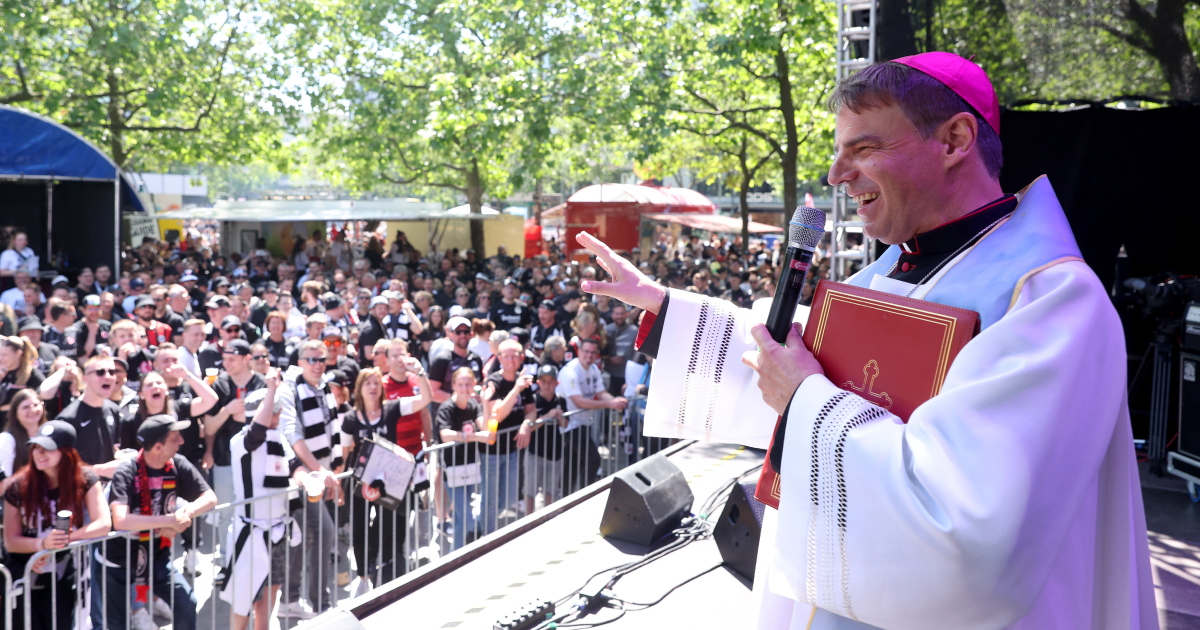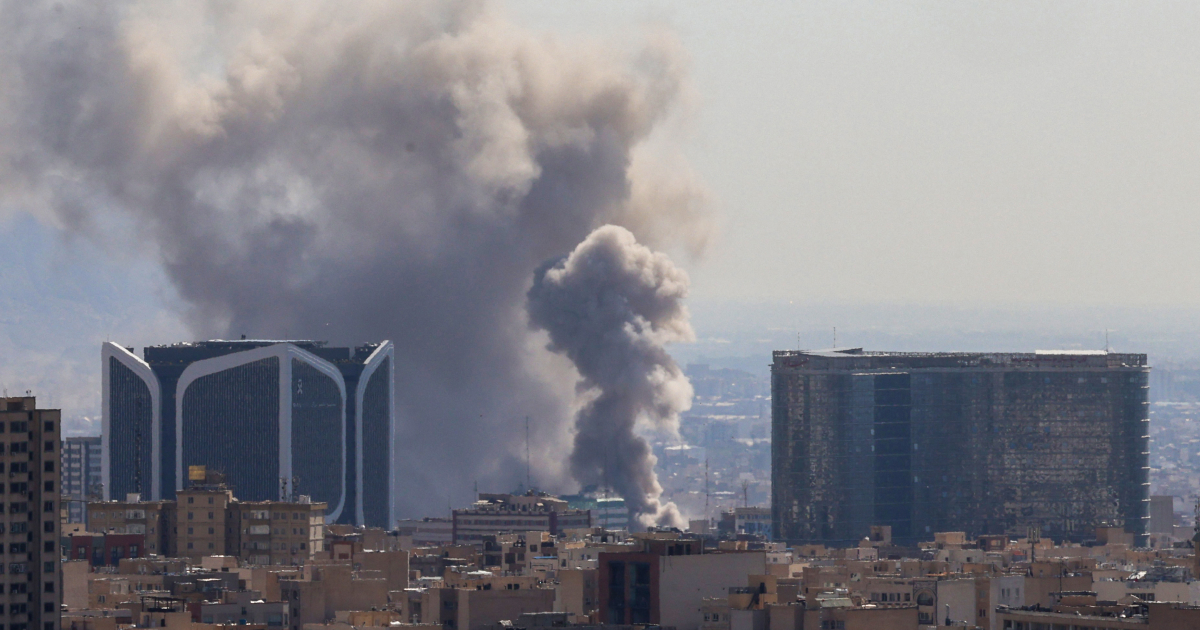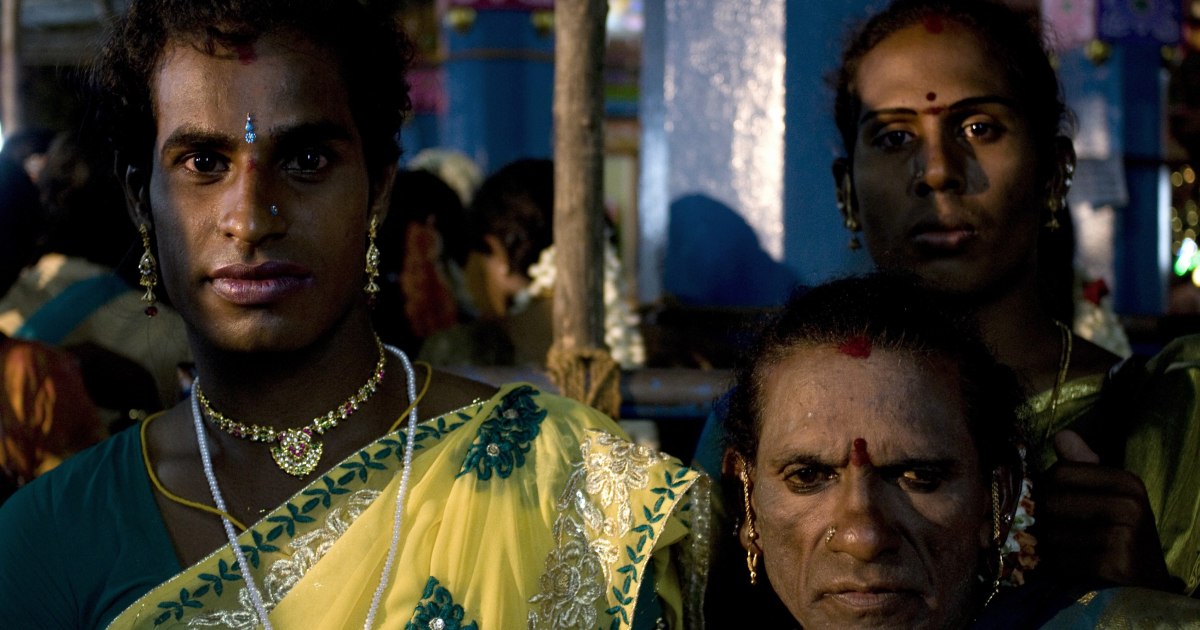Pope Leo XIV spoke to Israeli Prime Minister Benjamin Netanyahu on Friday evening, after a tank struck the only Catholic church in Gaza, killing three people. Several others were injured, including Father Gabriel Romanelli, the pastor of Holy Family Church.
Israel insists the strike on Holy Family was accidental. “Israel deeply regrets that a stray ammunition hit Gaza’s Holy Family Church,” Netanyahu’s office said in a statement. “Every innocent life lost is a tragedy,” the statement added, noting that the incident is under investigation.
“I find the Israeli Prime Minister’s willingness to speak directly with Pope Leo positive,” said Cardinal Pietro Parolin, the Vatican Secretary of State, in an interview with Italian news programme Tg2 Post.
Netanyahu made the call, during which Leo—according to a Vatican statement—again expressed his concern about the tragic humanitarian situation in Gaza, where children, the elderly, and the sick are paying an agonising price.
The Pope also reiterated the urgent need to protect places of worship and, especially, the faithful and all people in Palestine and Israel.
That it was the Israeli Prime Minister who placed the call is significant. Relations between the Jewish state and the Vatican have been strained since the Gaza war broke out following the 7 October 2023 surprise attack by Hamas militants, which left 1,200 Israelis dead and more than 250 taken hostage.
Israel immediately launched a retaliatory offensive in Gaza to oust Hamas from leadership, with the subsequent conflict resulting in the deaths of over 58,000 people in Gaza.
A peace deal made earlier this year has collapsed, and Israel has intensified its attacks on Gaza, killing thousands of people, most of them civilians.
Pope Francis wrote in a book released in 2024 that what is happening in Gaza “has the characteristics of a genocide”.
In the same book, Francis said he was “thinking above all of those who leave Gaza in the midst of the famine that has struck their Palestinian brothers and sisters, given the difficulty of getting food and aid into their territory”.
Throughout the conflict, Francis regularly phoned Fr Romanelli at Holy Family Church, where dozens of people have taken shelter after their homes were destroyed.
These actions strained Israel–Vatican relations to the extent that, after the death of Pope Francis, the official Israeli account on X shared a photo of the pontiff at the Western Wall in Jerusalem with the caption: “May his memory be a blessing.” The photo was quickly deleted by the Israeli government.
An official, more formal statement from Netanyahu came four days later: “The State of Israel expresses its deepest condolences to the Catholic Church and the Catholic community worldwide at the passing of Pope Francis. May he rest in peace.”
The election of a Pope from the United States could be seen as a gamechanger in the relationship.
The United States is the main supporter of Israel, both militarily and diplomatically, and an American leading the worldwide Catholic Church could alter dynamics in Washington.
In his interview with Tg2 Post, Parolin appeared to acknowledge this shift.
“Now, I believe, there are three things to expect, in my opinion, from this phone call to Pope Leo,” the Cardinal said.
“First of all, the real results of the promised investigation must be made known. Because the initial interpretation that was given was that it was a mistake, but assurances were given that there would be an investigation into the matter,” he said.
“Therefore, this investigation should really be conducted with complete seriousness and the results should be made known. And then, after so many words, let us finally give way to action. I truly hope that what the Prime Minister said can be realised as soon as possible, because the situation in Gaza is truly unsustainable,” Parolin told the station.
The Cardinal said the Israel–Hamas war is a conflict “without limits”, noting, “the costs are terrible for everyone.”
“How can you destroy and starve a population like that of Gaza? Many of the limits set have already been exceeded,” he said. Parolin also said Israel must accept the “question of proportionality”.
Speaking further about the attack on the church, the Cardinal called it “a dramatic development”.
“I repeat: let us give them the time they need to tell us exactly what happened—whether it was truly a mistake, which is a legitimate question,” he said, “or whether there was a desire to directly attack a Christian church, knowing how much Christians are a moderating force within the Middle East and also in relations between Palestinians and Jews.”
“Therefore, there would once again be a desire to eliminate any element that could help achieve at least a truce and then peace,” Parolin stated.
The Cardinal reiterated the need for mediation, but said it can only happen if both parties accept it.
“We will continue to insist—as we always have—without losing hope, but technically it is very difficult,” he said.
“On the other hand, you have seen how many mediations outside the Vatican have failed so far. It takes political will to end the war, knowing that the costs of a war are terrible for everyone in every sense,” Parolin told the television station.
Remarking on Netanyahu’s claim that a truce with Hamas was near, he said, “I’d like to believe so.”
“I don’t want to be too negative,” the Cardinal said. “I hope.”
(Photo by FILIPPO MONTEFORTE/AFP via Getty Images)





.png)


